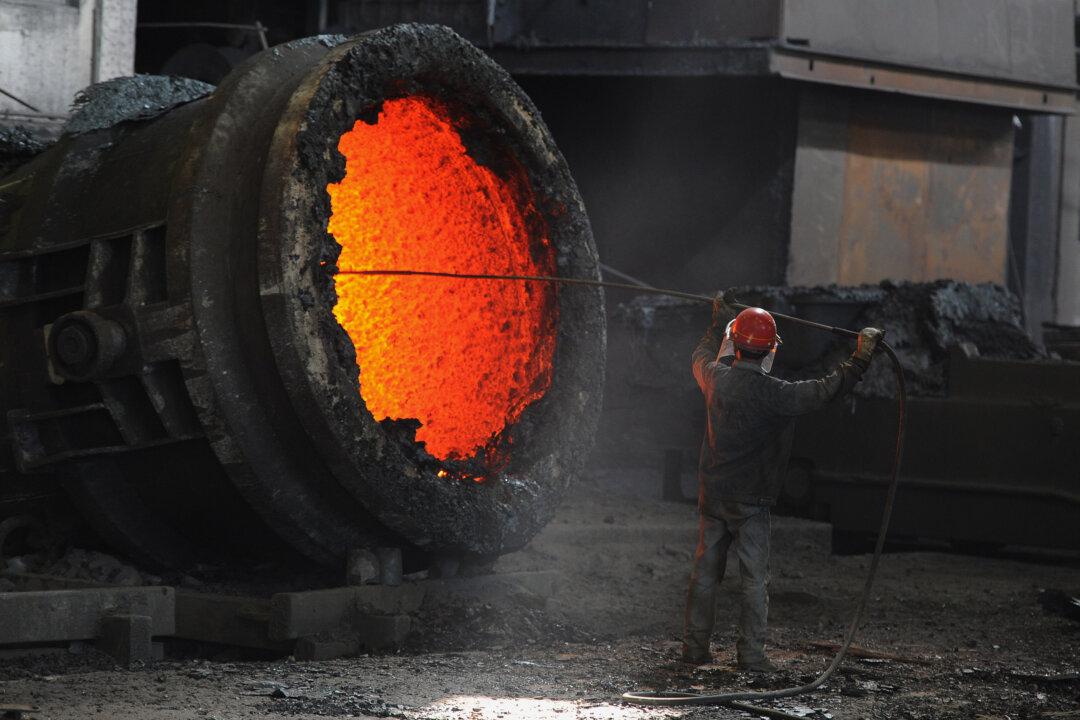Beijing’s attempts to pivot their iron ore supply chains away from Australia to Africa appear to be taking shape with the signing of a major deal that will likely grant a Chinese-linked mining firm AustSino access to the massive Mbalam-Nabeba Iron Ore project.
The deal comes seven months after Australian and British mining firms were suddenly stripped of their mining licenses for the same project under allegedly “unlawful and arbitrary” circumstances.





